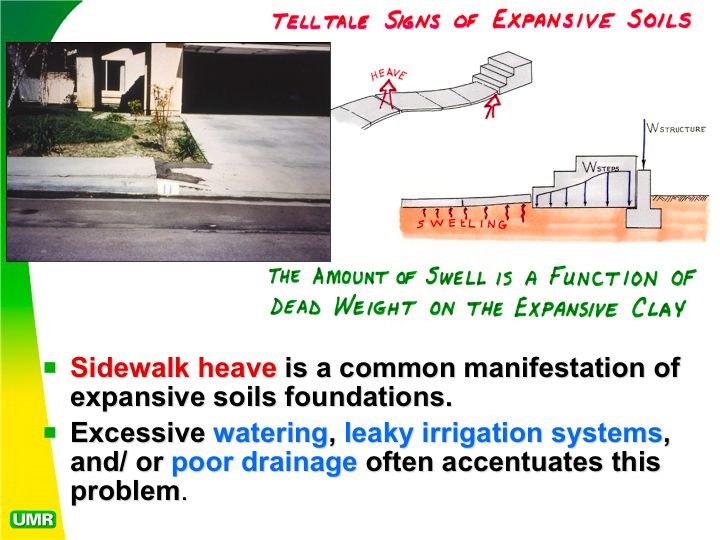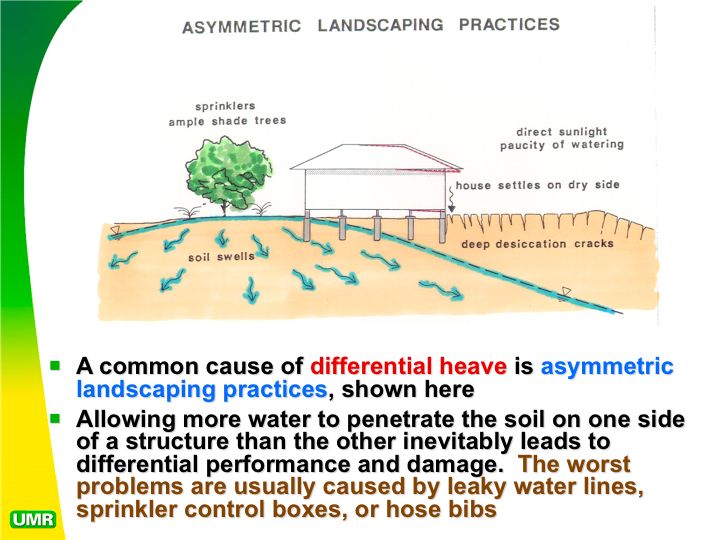The soils in Texas are tough on homes and many homeowners will have foundation problems at some point. Cracks in the walls, and doors and windows that stick shut are a common sign of foundation problems. If you start to notice these issues in your home, it is important to have a professional inspect your foundation. Cracks left alone will continue to get worse which can lead to expensive repairs.
If you find yourself in need of foundation repair, follow these quick tips. Remain calm and do some research. Find a reputable company that has been around a while. Dallas is filled with foundation repair companies that use cheap concrete piers that will not last. The foundation piers are going to protect your biggest investment.
At Premier Foundation Repair, we use DynaPier® foundation piers to repair home foundations. The reasons are simple, the DynaPier® has several distinct advantages over the competition. The DynaPier® was built to last and provides superior strength other piers can not match.
Advantages of the DynaPier®
For example, the DynaPier® is one of the only piers on the market that is constructed of both concrete and steel. It uses the strength of both to permanently support your home. Second, it is installed directly beneath the foundation, which means that the foundation will not be weakened by drilling into it. Several companies drill holes into the footing which can compromise the structural integrity of the footing.
Another huge benefit is that the DynaPier® is pressed all the way to bedrock or hard strata, until it reaches the point of resistance. This means that the pier is pressed until it can’t be pushed any further. Most other companies use piers that rely on the friction from the soil to hold them in place. When the soil shrinks and expands due to weather conditions these piers settle and so does the house they’re supposed to be holding up.
It’s easy to see why our piering system is superior to our competition. If your foundation shows signs of settling, like cracks in the walls and ceilings, doors and windows that stick or unlevel floors, give us a call.












